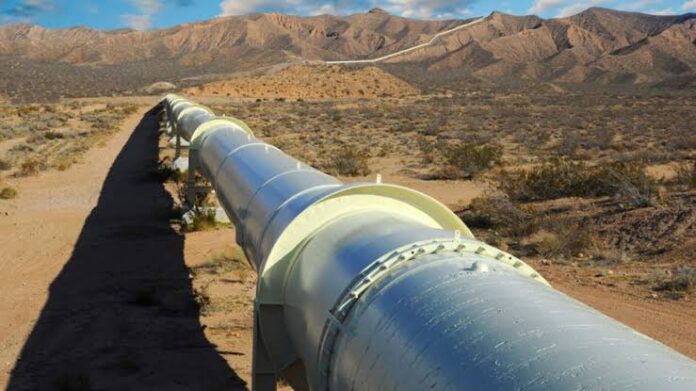A crude oil pipeline linking Niger to Benin has been attacked in two separate locations within Nigerien territory, disrupting operations and raising concerns over the security of critical infrastructure in the region.
The incident comes hot on the heels of controversial accusations by Nigerien President Abdourahamane Tiani, who recently claimed—without providing evidence—that Nigeria was conspiring to sabotage the pipeline.
A Blame Game in the Making?
With no substantiation for his allegations against Nigeria, observers are now questioning who President Tiani might target next in his search for a culprit. The attacks, which threaten to derail Niger’s crude oil export strategy, have added fuel to a growing regional tension already strained by political and economic uncertainty.
Economic Impact Looms
The pipeline, a key conduit for Niger’s crude oil exports, was expected to boost economic ties with Benin and open up global trade opportunities. This disruption could result in significant economic losses for Niger and its partners while putting additional strain on its fragile economy.
A Call for Accountability
Analysts are urging Nigerien authorities to focus on addressing internal security challenges rather than pointing fingers. “The integrity of such a vital project demands serious investigation and cooperation with neighboring countries, not baseless accusations,” a regional security expert stated.
As investigations into the attacks unfold, the spotlight remains on President Tiani’s next move. Will he take steps to secure Niger’s infrastructure, or will he shift the blame to another unsuspecting neighbor?
@ZagazOlaMakama




